- Home
- slideshows
- miscellaneous
- A woman in her late 30s who got coronavirus details what her symptoms were like every day, and what she wished she had done to prepare
A woman in her late 30s who got coronavirus details what her symptoms were like every day, and what she wished she had done to prepare
Day 3. I woke up feeling weaker.

Day 5. My labored breathing was about the same.
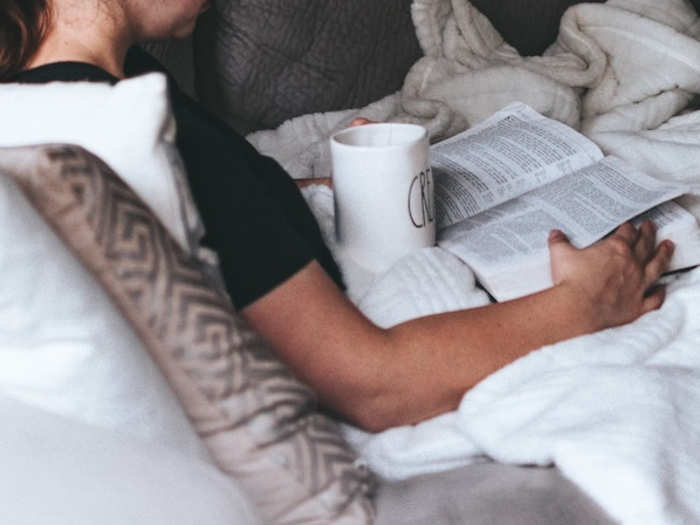
At the request of a loving medical professional friend of mine in another state (with whom I had been texting throughout the week), I had a friend deliver a pulse oximeter to my apartment, which measures the oxygen saturation level of your blood. While my numbers were not outstanding, they were well above the danger zone, so I just tried to relax and exert myself as little as possible.
Day 6. I started to feel better on this day.I felt like I could take a deep breath again. I still didn't have the energy for anything besides staring at screens and making tea, banana smoothies, and ramen, but I felt like my brain was emerging from the fog and that the band around my chest had been loosened.
Day 7. I started to feel actually ok and even did the dishes.Ate some real food! However, I did develop a mild cough for the first time. (Still no sore throat or runny nose.)
Day 8. Total fatigue again.No energy. I think I may have overdone it the previous day? Mild cough, mildly labored breathing all day.
Day 9. This brings me to today, March 30.I feel better than yesterday. Still fatigued, still slightly impacted breathing, but I feel okay. I plan to continue to move around as little as possible. Once my symptoms are completely gone, I have to wait 72 more hours, and then I'm allowed to leave my apartment. My energy is low, but my spirits are high.
Here's my advice to others.
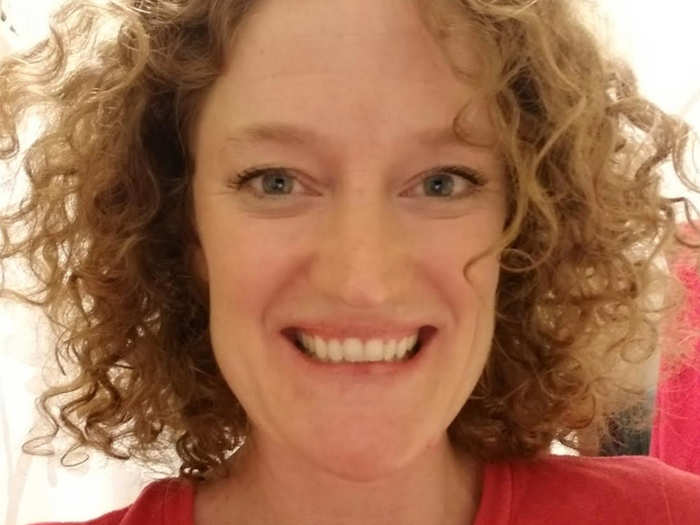
In addition to taking social distancing and hand-washing seriously, my primary advice is don't panic, just prepare. A lot of you reading this will get COVID-19, but most of you will have milder symptoms than I've had. Several of you have already had it and just weren't aware. Assume you have been exposed and act accordingly: Stay home if you can. If you are like me, and know that having a worst-case scenario plan will put your mind at ease, here is my list of suggestions.
1. Acquire a thermometer, acetaminophen, Vicks ointment, ramen noodles, and plenty of herbal tea while it is still easy for you to shop.
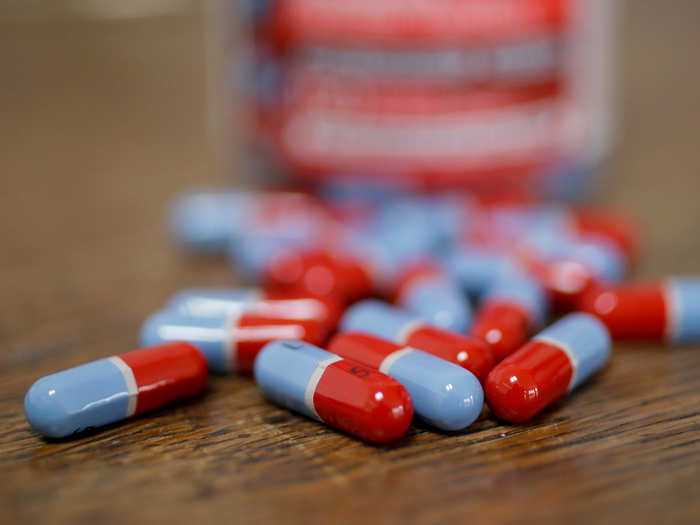
Lots of stores and online retailers are out of stock, so place an order now while you are relaxed and healthy. I did a lot of panic googling this week; very unpleasant. Thus far I have not had a sore throat or much of a cough, but those are common symptoms, so it might be a good idea to add tissues and cough drops to your shopping list. If you have a humidifier in storage, take it out and clean it. If you don't have one, ask around to see who does in case you need to borrow it. If you are feeling extra anxious, you could buy a pulse oximeter at a drugstore. They are about $20-40. I doubt this device is necessary for most people, and I don't want to encourage needless panic-buying, but it was nice to be able to check my own oxygen.
2. Determine how you will get groceries or meals if you suddenly become stuck at home for two-plus weeks.

If you don't have friends or family who can bring food to you, google a grocery delivery service and find out if they actually deliver to your neighborhood. Create a sample order to make sure.
3. Look up and write down the phone number for your doctor's office and find out which urgent care facilities/hospitals are in your health insurance network.
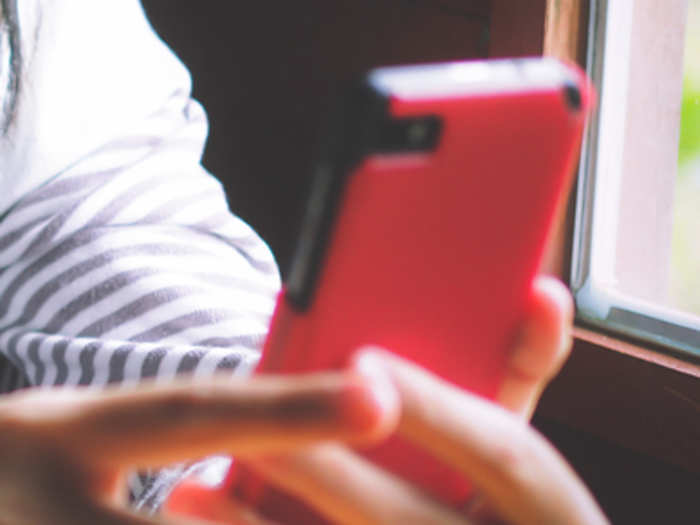
A lot of doctors' offices have special COVID-19 information lines. Plan to take advantage of telehealth services. Do not plan to drive to your doctor's office or to the hospital if you start to feel a fever. Most people with COVID-19 do not require outside medical attention, and many hospitals will not admit people without a doctor's referral anyway. Stay home and make phone calls if you have concerns. While you are at it, make sure you have a fully functioning cell phone. If yours happens to be on the fritz, just bite the bullet and buy a new one now. (My screen broke during my most difficult day.)
4. If you live with other people, consider where in your home you could self-isolate should you start to develop symptoms.
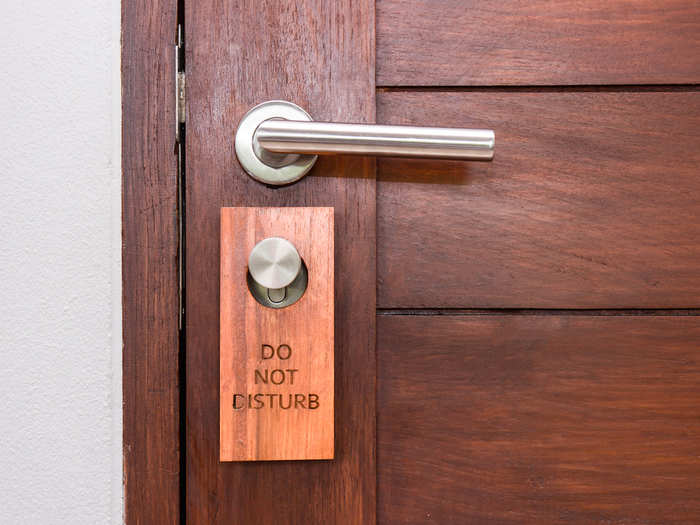
My understanding is that it is entirely possible to ride out COVID-19 and not infect anyone else in your household. You just need to be diligent and careful.
5. Make a plan.

If you are the primary caregiver for children, older adults, or people with disabilities, consider which of your friends or family members could come to your house and help out if you become sick and have to isolate. Extreme fatigue would make preparing meals, changing diapers, and keeping others safe and entertained exceptionally difficult. These activities could also put the people in your care at risk for infection. Also, don't forget about your pets! Find somebody who could take care of your animals in case you need hospitalization.
6. Look up testing options in your community, but do not expect to get tested.
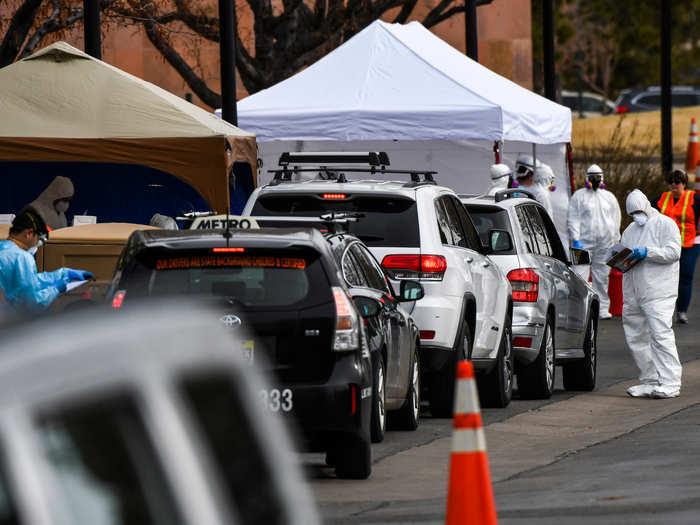
Depending on where you live, you might have no access to a test at any point, even if you have symptoms. If you start to develop symptoms, calmly assume you have COVID-19, tell the people you have been in contact with recently, isolate yourself, start drinking fluids, and rest. Working yourself into a frenzy trying to locate a test will not make your symptoms end any sooner. Officially knowing that you have COVID-19 (over, say, seasonal flu) does not make you a public health hero. Stay home and contact your medical provider if you have questions.
7. Plan to take sick leave.
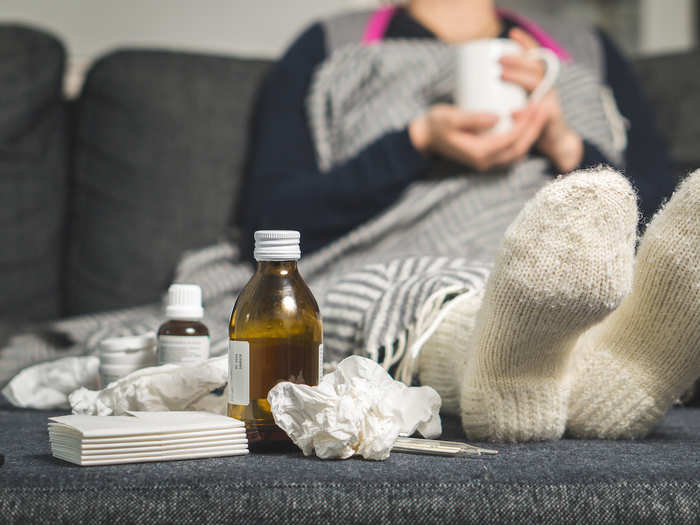
If you are currently working from home, do not assume that you can continue with your regular job duties. If you become fatigued from the infection, you will not be able to get anything done and will just get frustrated. Talk to your supervisor. Your company may have a special COVID-19 leave policy. If you are working out in the community, stay home and tell your supervisor immediately that you think you are having symptoms.
8. Have tons of fluids on hand.

I am drinking water, tea, seltzer, and juice around the clock and still don't need to use the bathroom that much. This suggests to me that my body really does need this much fluid right now.
I suspect I got the coronavirus from one of a handful of friends who didn't realize they had it at the time because their symptoms were super mild and it was before we were seriously talking about COVID-19 in Denver. I will never know exactly where and when I got it, and it doesn't matter that much to me now. Just be aware that you may not think The coronavirus is in your community, but it almost certainly is. Avoid close physical contact with people in high-risk groups, even your parents. Especially your parents — call them instead.
Before I end this post, I have to say that I am completely overwhelmed by the number of friends and family members who have checked in on me, have offered to bring me things, and have kept me distracted. I'm so lucky.
Kerry Lutz is a social worker in Denver, Colorado who enjoys traveling the world, cycling, and acquiring curious items for her beloved costume collection.
Popular Right Now
Popular Keywords
Advertisement